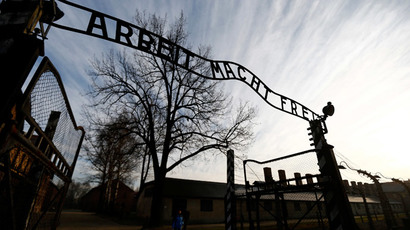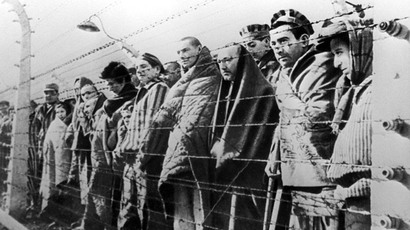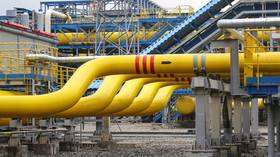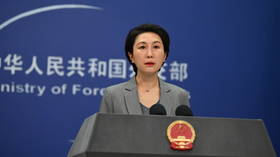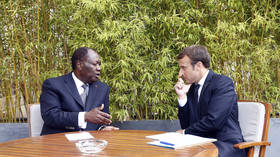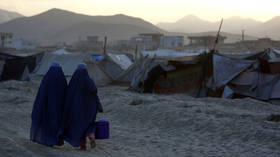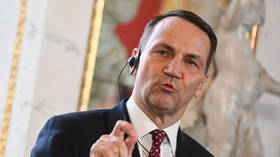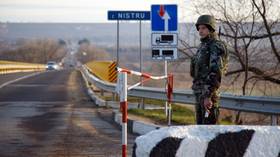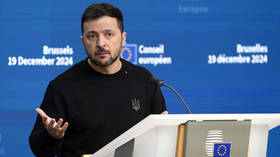‘Disgrace’: Senior Russian diplomat condemns Estonian honoring of Nazi volunteer
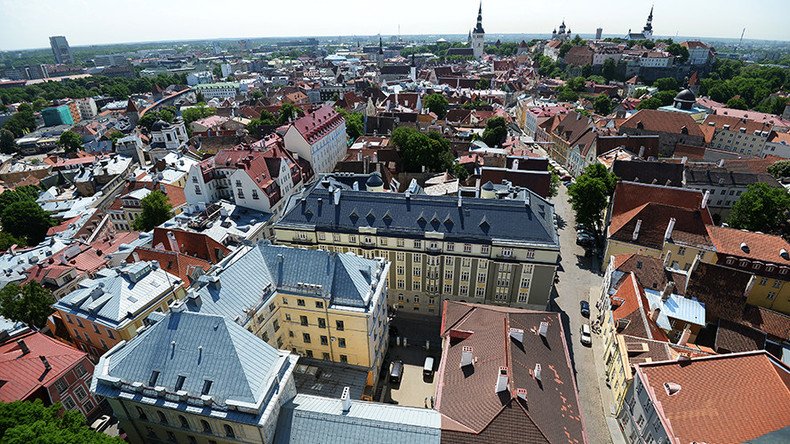
A bronze bust of an infamous Waffen-SS veteran installed in an Estonian school is a “disgrace” that desecrates the memory of all the victims of the “brown plague,” the Russian Foreign Ministry’s envoy for human rights and democracy has said.
Konstantin Dolgov’s comments were published on the Russian Foreign Ministry website soon after the bust of Harald Nugiseks was installed in the school in the town of Laupa, central Estonia, on October 21.
Nugiseks voluntarily joined the Waffen-SS – an armed wing of the Nazi Party that included foreigners – during World War Two and fought against the Soviet Union. He rose to the rank of ‘Oberscharfuhrer’ (senior squad leader) and received the highest military decorations from the Hitler regime.
“Moscow considers such monuments erected in Europe as a disgrace and defaming of millions of victims of the ‘brown plague,’” the Russian diplomat wrote.
“We are calling upon all international human rights organizations, including the UN Human Rights Council, the OSCE and the Council of Europe, to apply pressure to Tallinn in order to prevent the open propaganda of neo-Nazism and portraying of Nazi criminals as heroes,” he stated.
The Russian Embassy in Estonia also denounced the move, calling the bust “a sacrilege that mocks the memory of all who perished while fighting Nazism.”
The attitude to Nazism and Estonia’s role in World War Two has been a bone of contention between Moscow and Tallinn for decades.
In 2013, the Russian Foreign Ministry offered sharp criticism of Estonian Defense Minister Urmas Reinsalu’s address to veterans of the Waffen-SS, in which he suggested that Soviet and Nazi troops amounted to the same thing during World War Two.
In total, about 80,000 Estonians joined Nazi troops during the war and 3,000 more fought as volunteers in the Finnish Army, which was also an ally of Nazi Germany. At the same time, about 30,000 Estonians joined the Red Army ranks, forming the Estonian Rifle Corps.
Veterans who fought on the side of Nazi Germany still have their own organization in Estonia, the Freedom Fighters Union, whose members number about 2,000. The group holds reunions almost annually, with the authorities sending official greetings to the former Waffen-SS soldiers.
